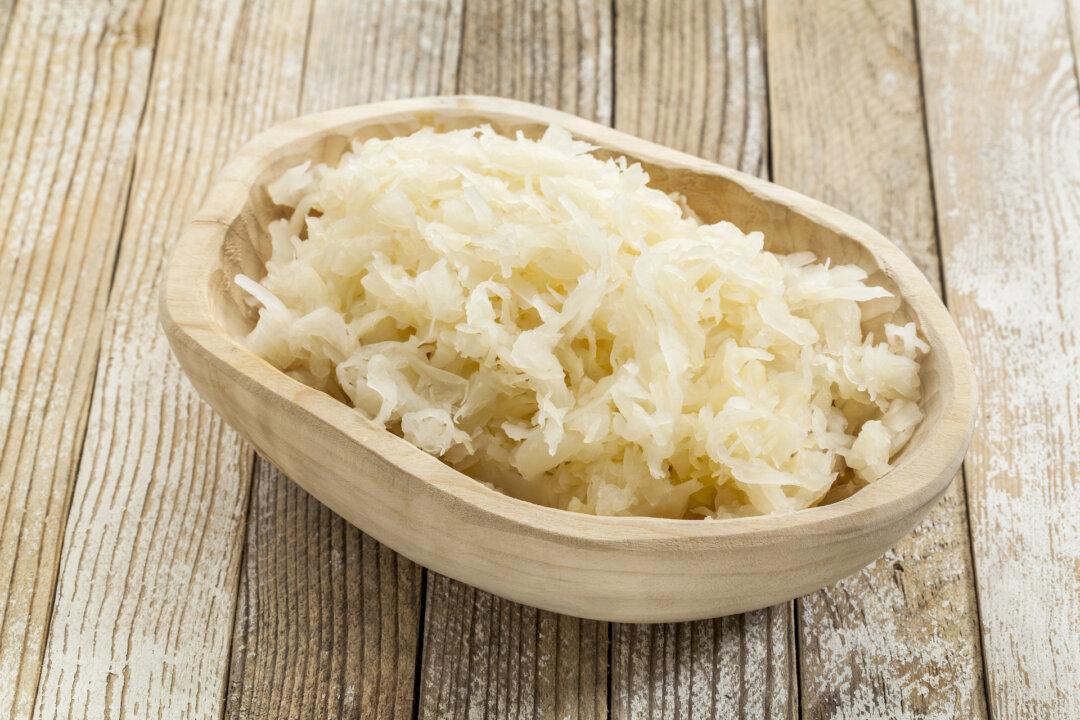Starch is another name for complex carbohydrates used by the body for fuel. Resistant starch is exactly what the name implies -- complex carbohydrates that “resist” digestion. This type of starch travels from the small intestine undigested to the large intestine where it provides fuel for the good bacteria (microbiome) that live there. When resistant starch is broken down by this intestinal bacteria, the production of short-chain fatty acids (such as butyrate) increases, which research suggests may be beneficial to health.
Resistant Starch and Your Health
Resistant starch differs from regular starch, which provides the body with sugar when digested. Because resistant starch literally resists digestion and doesn’t produce sugar, it may benefit insulin resistance. It also provides fewer calories than regular carbohydrates and so may be beneficial for weight control.Because resistant starch helps to establish and maintain a healthy microbiome, it can benefit intestinal health, which in turn impacts every part of your body, even the brain. The trillions of microbes that live in your large intestine produce chemicals that can have a positive effect on how your brain works.





